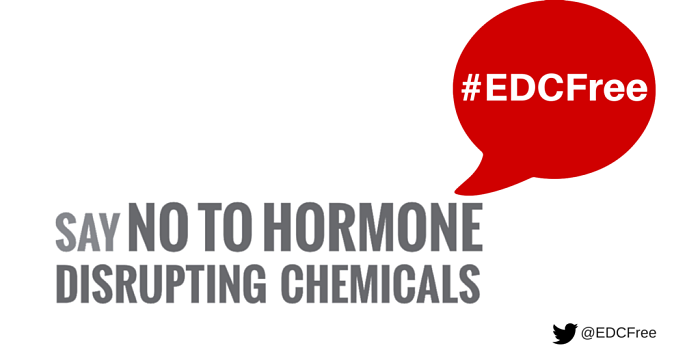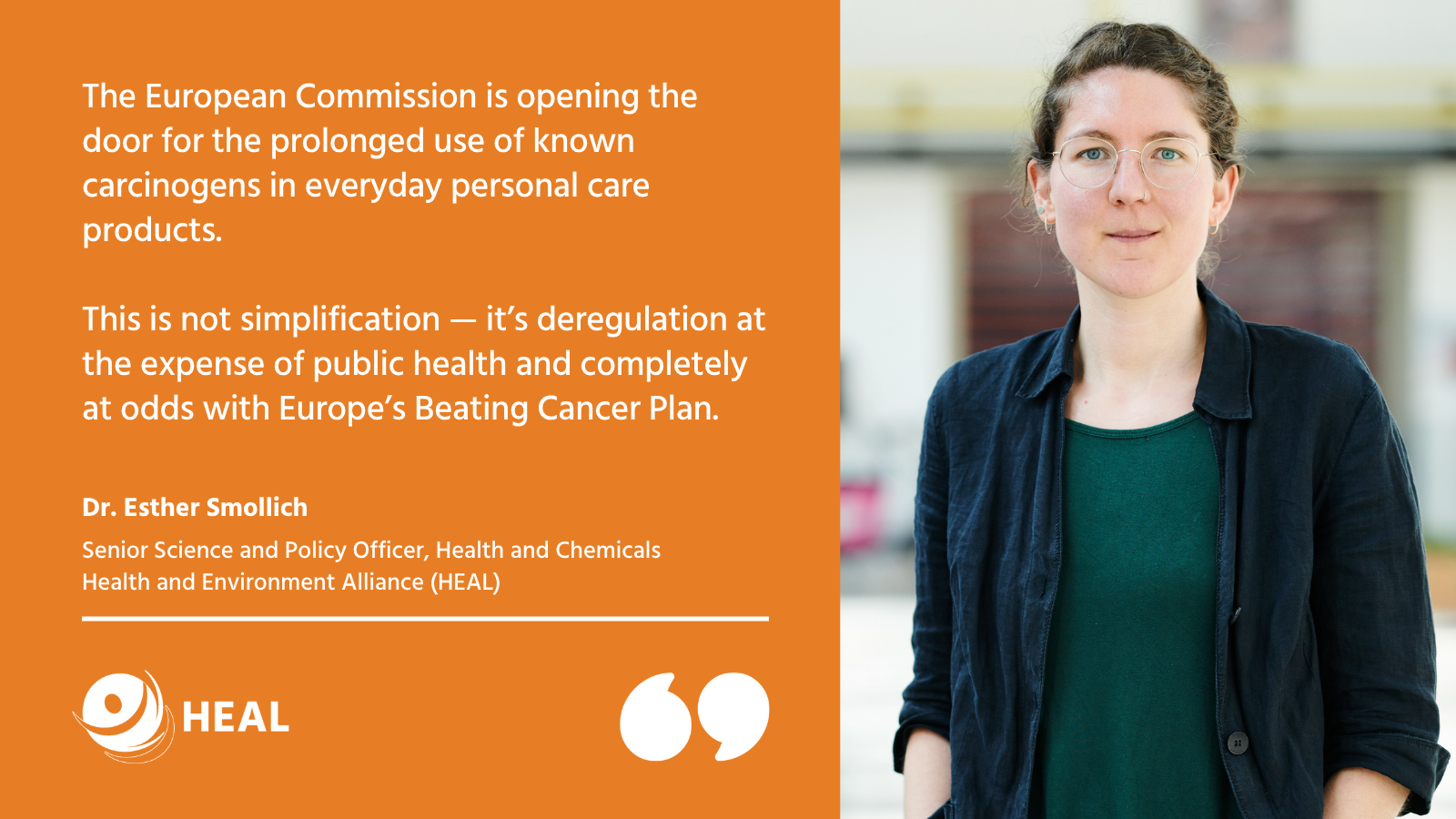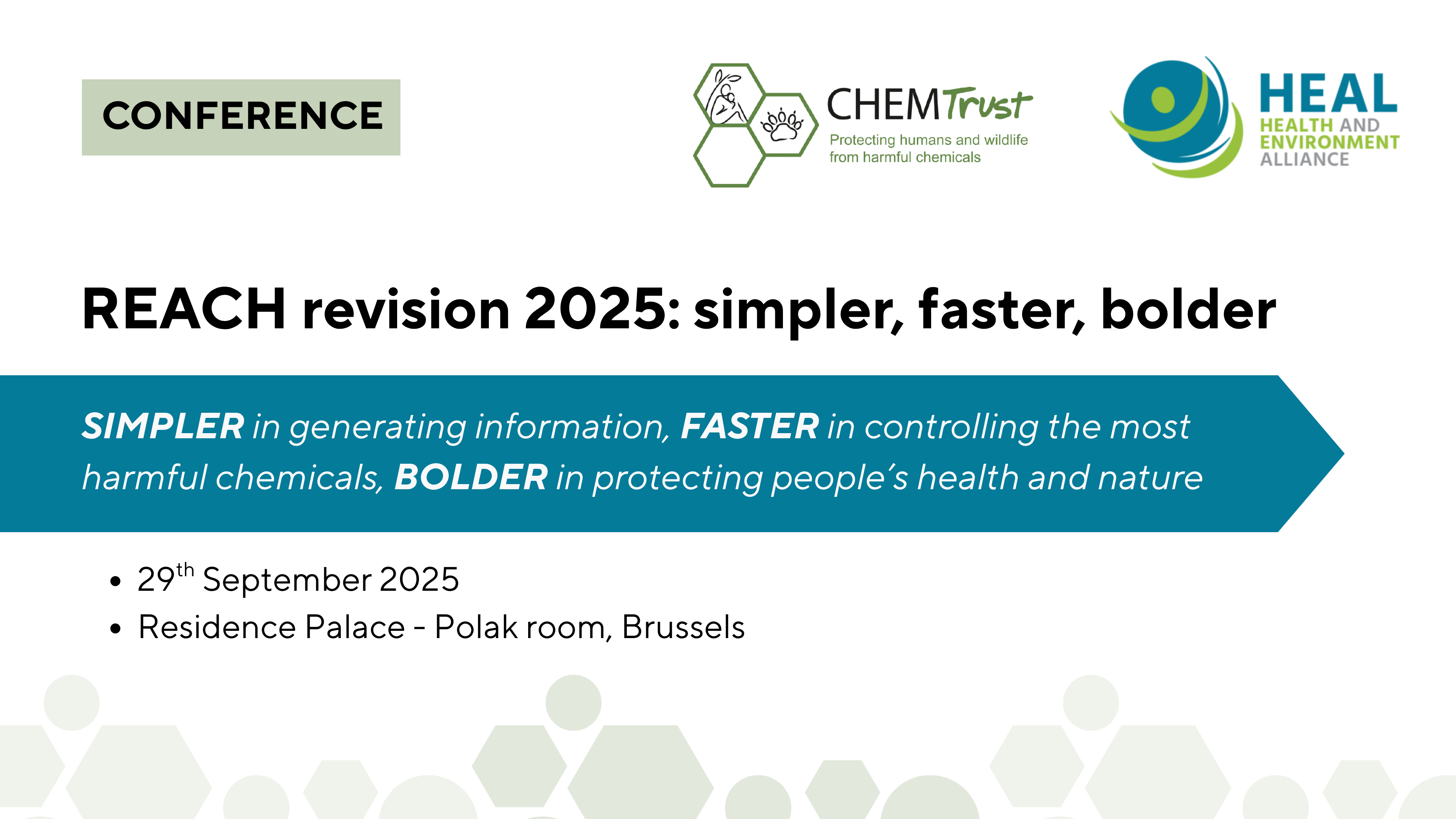Today’s publication of the European Commission’s chemicals omnibus confirms serious concerns: if pushed through the proposal will significantly weaken protections in the Cosmetic Products Regulation, allowing the prolonged use of carcinogens and other harmful chemicals in personal care products.
On Friday 7 April, representatives of European Member States met in Brussels to once again discuss the ongoing process to identify endocrine disrupting chemicals (EDCs). The meeting was the latest in a long list of unsuccessful attempts by the European Commission to get an agreement from Member States on the criteria for the identification of EDCs so that they can be regulated.
EU laws stipulate that pesticides and biocides with EDC properties should not be authorised, with the exception of some derogations. Representatives of the Member States and the Commission, this time meeting in the form of the biocides committee expert group, were attempting to break the deadlock on the proposal on the scientific criteria for identifying EDCs.

The Commission’s proposals on the identification of EDCs, also known as hormone disruptors, have been heavily criticised, including by the EDC-Free coalition and have failed to garner the much-needed quorum of supporters amongst Member States so far. A recent letter from the Endocrine Society – the oldest and largest scientific society dedicated to the study of endocrine systems – to the Commission President express concerns that the current proposal simply ‘cannot be called science-based’, stressing that the proposed criteria are neither effective, efficient, nor coherent to make it fit for purpose.
The Commission has committed to work on yet another draft proposal as a result of the meeting. This new proposal is expected to form the basis of another meeting of the biocides committee expert group. Although no date has been announced yet, it is not likely this meeting will take place before the French elections as EDCs have been at the centre of a huge political controversy in France.
The EDC-Free coalition has repeatedly warned that further delays to adopt high quality and scientifically sound criteria will have severe health impacts. Because endocrine disruptors are present everywhere in our environment, they affect all of us and we need to take action now for effective exposure reduction.
The processes in Brussels over hormone disrupting chemicals have gained much attention all over Europe. To show their concerns over the protection of public health and the environment, over 336,000 citizens have signed a petition calling on Member States to reject the EU Commission’s proposal on EDCs.
Want to know what you can do?
The battle for strong legislation on hormone disrupting chemicals is far from over! There is still time to put pressure on our governments. Here are a few ideas for things you can do to help:
- Sign the SumOfUs petition and share it with your friends, families and networks.
- Share relevant media articles or other materials on social media, using the hashtags #EDCFree and #EUEDC
- Reach out to your government officials and demand better criteria for better health protection.



